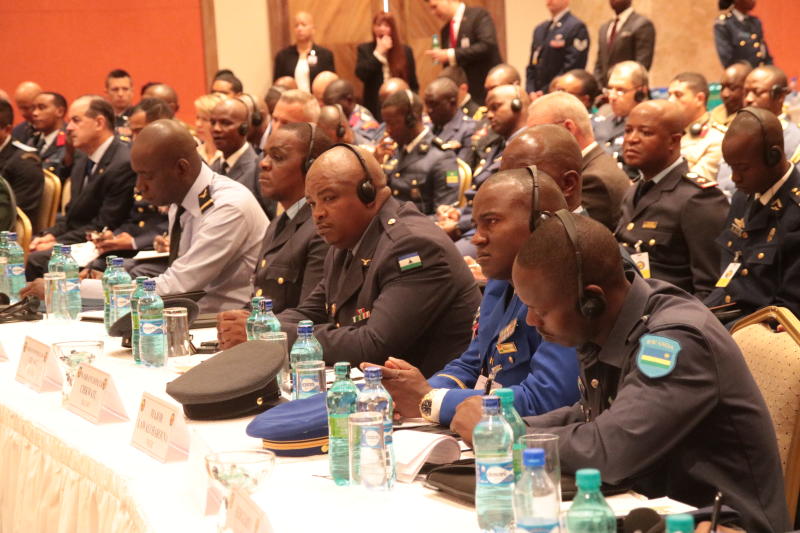×
The Standard e-Paper
Smart Minds Choose Us

A symposium bringing together top air force officers from 38 African countries has kicked off in Nairobi.
The 9th African Air Chiefs symposium is being held in Kenya for the first time, in which aviation security will feature highly.